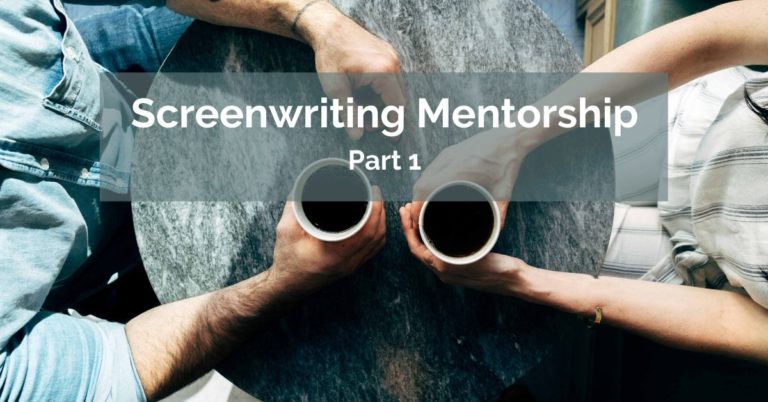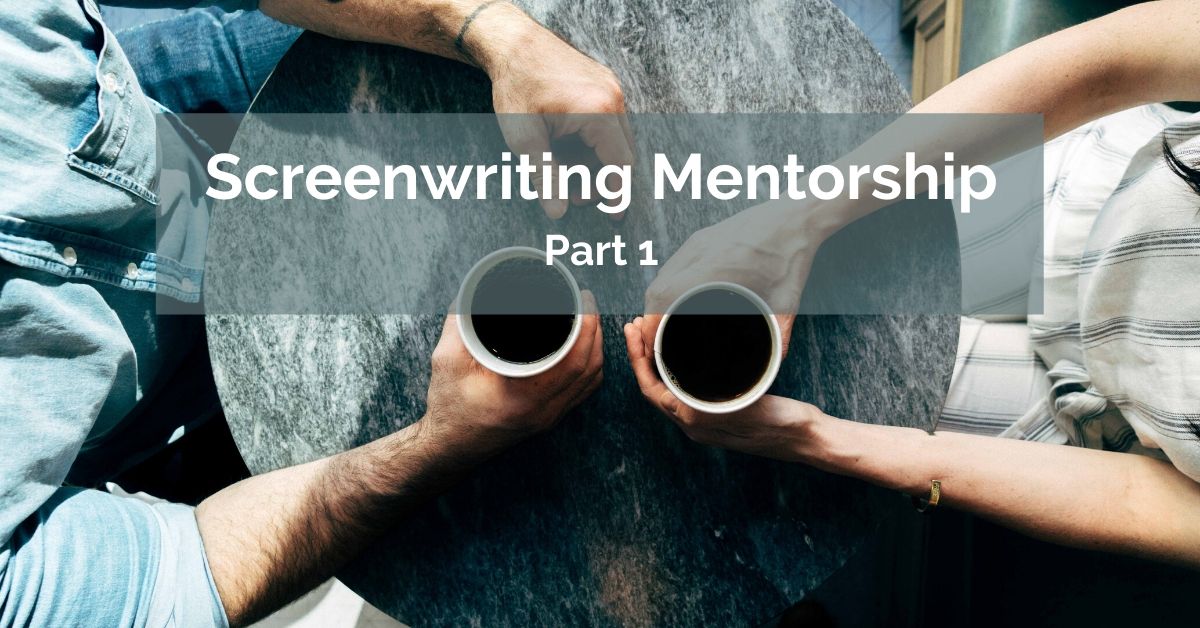10 Requirements of a Successful Screenwriter-Mentor Relationship

MENTORSHIP: PART ONE
Writers are creatures of mind with an inherent need to create, but what about the rest? What about the business side of writing, which frequently includes many tedious details en route to a sale? Many screenwriters, myself included, just want to write after all.
Read on …
***
On Mentors and Their Apprentices
Both parties frequently have personal reasons to engage a mentor-apprentice relationship. In fact, you may be surprised at how many public figures have worked with mentors either at a particular point in their career, or throughout their career.
Did you know …
Steven Spielberg mentored J.J. Abrams?
Audrey Hepburn mentored Elizabeth Taylor?
Steve Jobs mentored Mark Zuckerberg?
Maya Angelou mentored Oprah Winfrey?
Meryl Streep mentored Viola Davis?
Christian Dior mentored Yves Saint-Laurent?
Warren Buffett mentored Bill Gates?
Stella Adler mentored Robert De Niro and Marlon Brando?
Michelle Robinson (now Michelle Obama) formally mentored Barack Obama at the law firm in which they both worked?
Sir Freddie Laker mentored Richard Branson?
Nora Ephron mentored Lena Dunham?
The list can extend for pages.
To be clear, why does a mentor need you?
Several reasons:
1) The film and television industries are highly collaborative. As John Rhodes of ScreenCraft so aptly stated: “Everyone is looking to hitch their wagon to a star, so if you cultivate the mindset that you yourself are a rising star, then it’s offering people the opportunity to participate in your ascent.”
2) Reciprocity. Giving back is meaningful to many industry high-achievers.
3) Bragging Rights. If you have yet to make a mentor proud, you may be in for a very rewarding memory, or two. When “Variety” covered one of my projects for the first time years ago, my own mentor called half his Rolodex to call and congratulate me. I have to admit, it felt great.
Every potential mentor has their own mindset about working with newcomers, or helping mold those screenwriters with a bit more experience for the realities of the business.
In fact, many well-established industry veterans consider paying it forward to be part and parcel of their own career path.
***
The Ten Requirements of a Successful Writer-Mentor Relationship
I personally believe every writer needs a mentor, regardless of whether one is beginning their career, or one is further along. The word "mentor" may interchange with "friend" the longer the relationship goes on, but the reasoning is the same: You don't know it all.
For example, I have a friend in the investment world. He's a billionaire, and yet he maintains a mentor who helps him with financial discipline.
A billionaire who’s overly generous and cognizant of his shortcomings.
Go figure.
And my friend’s mentor? He had a mentor of his own.
As a screenwriter, understand as you progress there is nothing wrong with asking for help. Maybe you want a personal introduction to a production company. Perhaps you simply want to better your craft.
Regardless of reason, no one gets anywhere in this or any business without asking. That said, the screenwriter-mentor relationship has its share of requirements.
For the Screenwriter …
1. Persistence: Present a mindset of never giving up. An established mentor's primary psychology is their time is valuable, and their success has come for a reason.
2. Respect: If you successfully convince a mentor that you embody the above trait, you have built the foundation for respect.
3. Open-Mindedness: You may have strongly-held ideas about your script. Your mentor may think differently. They have had the success. Be open-minded and listen to what they have to say.
4. Humility: You will disagree with your mentor. It's inevitable. Express your opinions, do not agree with everything, but back down when necessary. Only you can judge when that time may be. Always thank them for their feedback after.
5. Work Ethic and Follow-Through: Respect builds and solidifies if you do the work. No excuses.
The writer-mentor relationship is mutual and cannot be one-sided.
For the Mentor, see the above list, and …
6. Time: A mentor may not have the time you believe you require, but they may be open to allowing you to shadow them on-set. Sure, that's an immensely big ask, and one that should certainly not be broached at the onset of a relationship. But if they get busy in the midst of your mentorship, and you have the rapport, ask. There is nothing to lose. You will get nowhere in this business without asking.
7. Accessibility: If the mentor is not geographically accessible to you, will they be willing to exchange emails or take the occasional phone call?
8. Commonality: Using my mentor as an example, I knew for a fact that he was very much interested in the subject matter of my project, as I had read an extensive interview with him about the material portrayed. From there, we realized we had a great deal in common. Don't be afraid to penetrate that personal wall once your rapport is established. Most film personnel I know love discussing — and arguing about — films, television, and the industry in general.
9. Willingness: If you believe you are working too hard to establish the interest of a particular mentor — and again, this is a judgement call — move on to someone else.
10. Drive: In an ideal world, the mentor would want you to succeed, as your success reflects in part upon them. You may look at that sentence and think, But what do they have to gain from me? Why would they bother for me? Great questions. But those mentors are out there.
In truth, this list is interchangeable with that of the writer’s, just as the writer’s list is with the mentor’s.
In my experience many prospective mentors are out there waiting to give back.
And one mentor can lead to not only a world of contacts, but a brand new career for those students who have taken the time and implemented their lessons.
What are you waiting for?
PART 2: How to Find a Mentor Who Meets YOUR Requirements
____
Joel Eisenberg is an award-winning writer and producer, and partner in Council Tree Productions, a television development company. He writes and edits a publication for Medium, "Writing For Your Life," which you can follow here.
Tags
Get Our Screenwriting Newsletter!
Get weekly writing inspiration delivered to your inbox - including industry news, popular articles, and more!



























